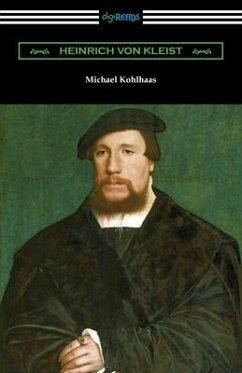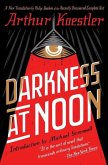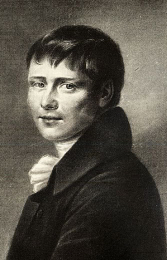"Michael Kohlhaas" is Heinrich von Kleist's early 19th century novella based upon the real historical 16th century story of Hans Kohlhase. A German merchant from Colln, Kohlhase is attacked by the servants of a Saxon nobleman, Gunter von Zaschwitz, while he is on his way to a fair in Leipzig. As a result of the attack, Kohlhase has his horses stolen and subsequently suffers significant losses to his business. The dispute between Kohlhase and Zaschwitz soon develops into a full-blown feud that would spread across the whole of Saxony. Unable to achieve redress for his losses through official legal channels, Kohlhase pursued a course of revenge by enlisting a band of criminals to spread terror throughout all of Saxony. The particulars of Heinrich von Kleist's novella are somewhat changed from the actual historical events but largely represent the same conflict of a merchant who is wronged and being unable to achieve suitable restitution through legal channels resorts to criminal means. Noted for its surprisingly modern themes and style "Michael Kohlhaas" has been recognized as an important early work in the realist literary movement. This edition is printed on premium acid-free paper.









